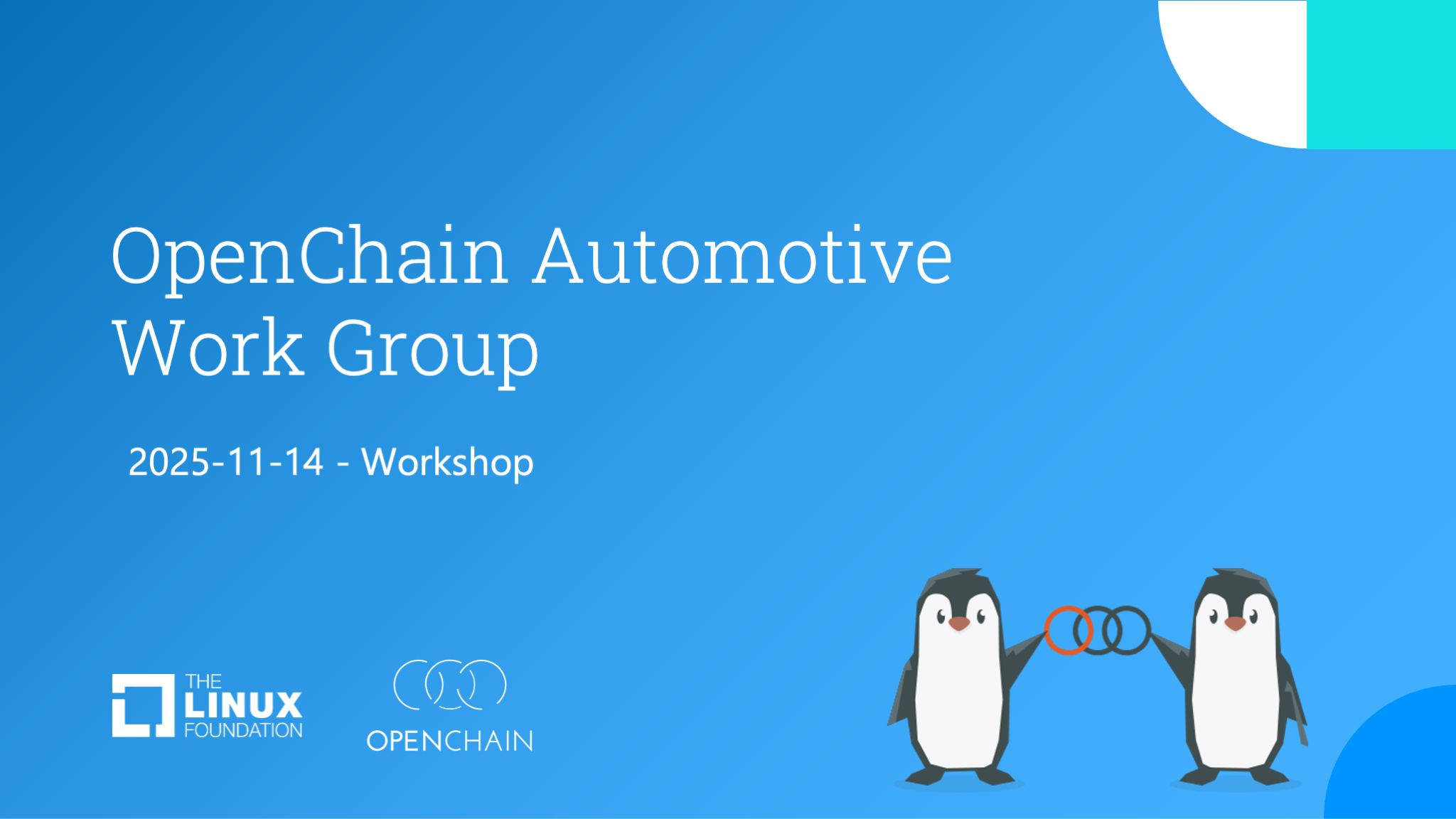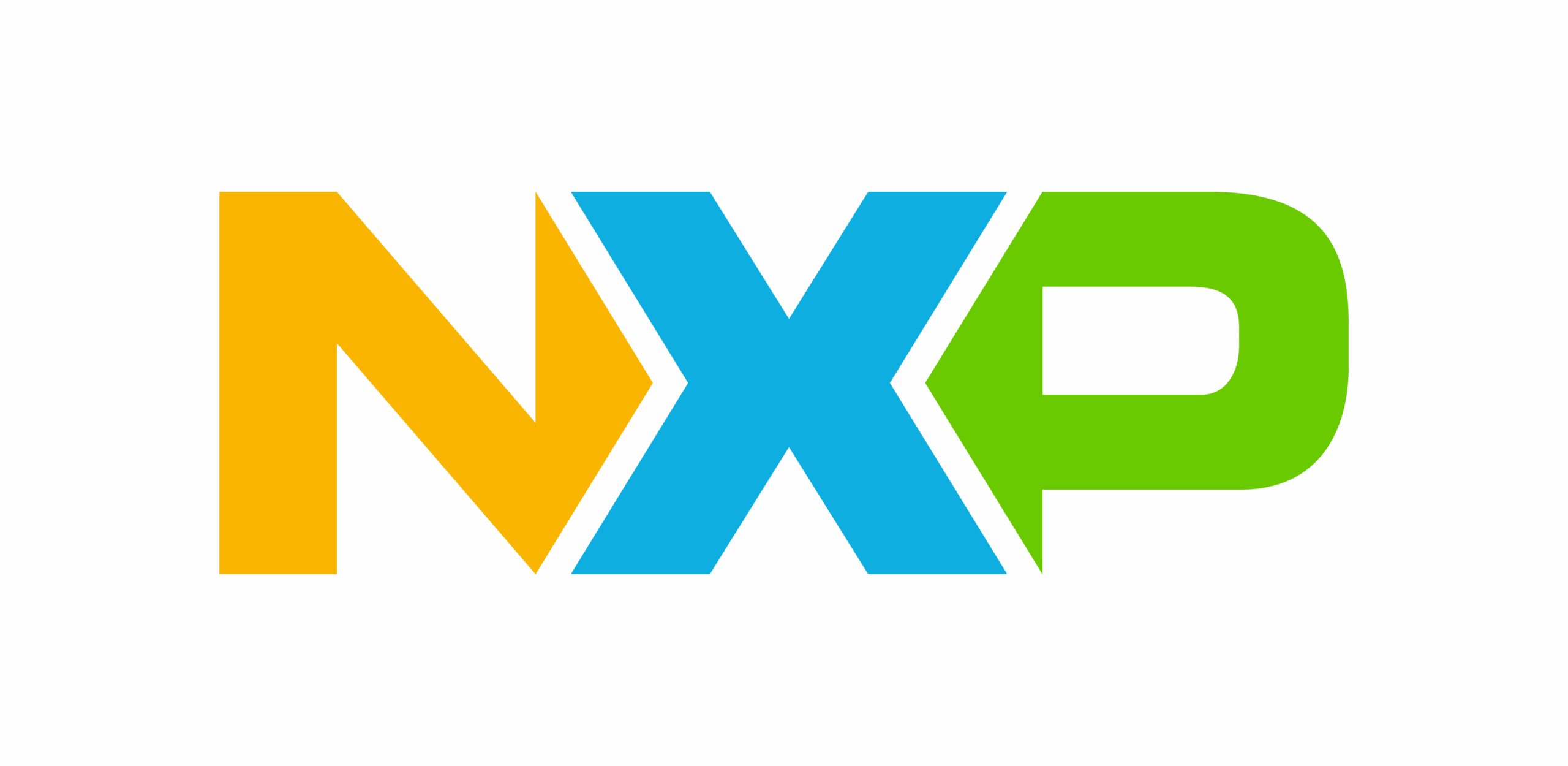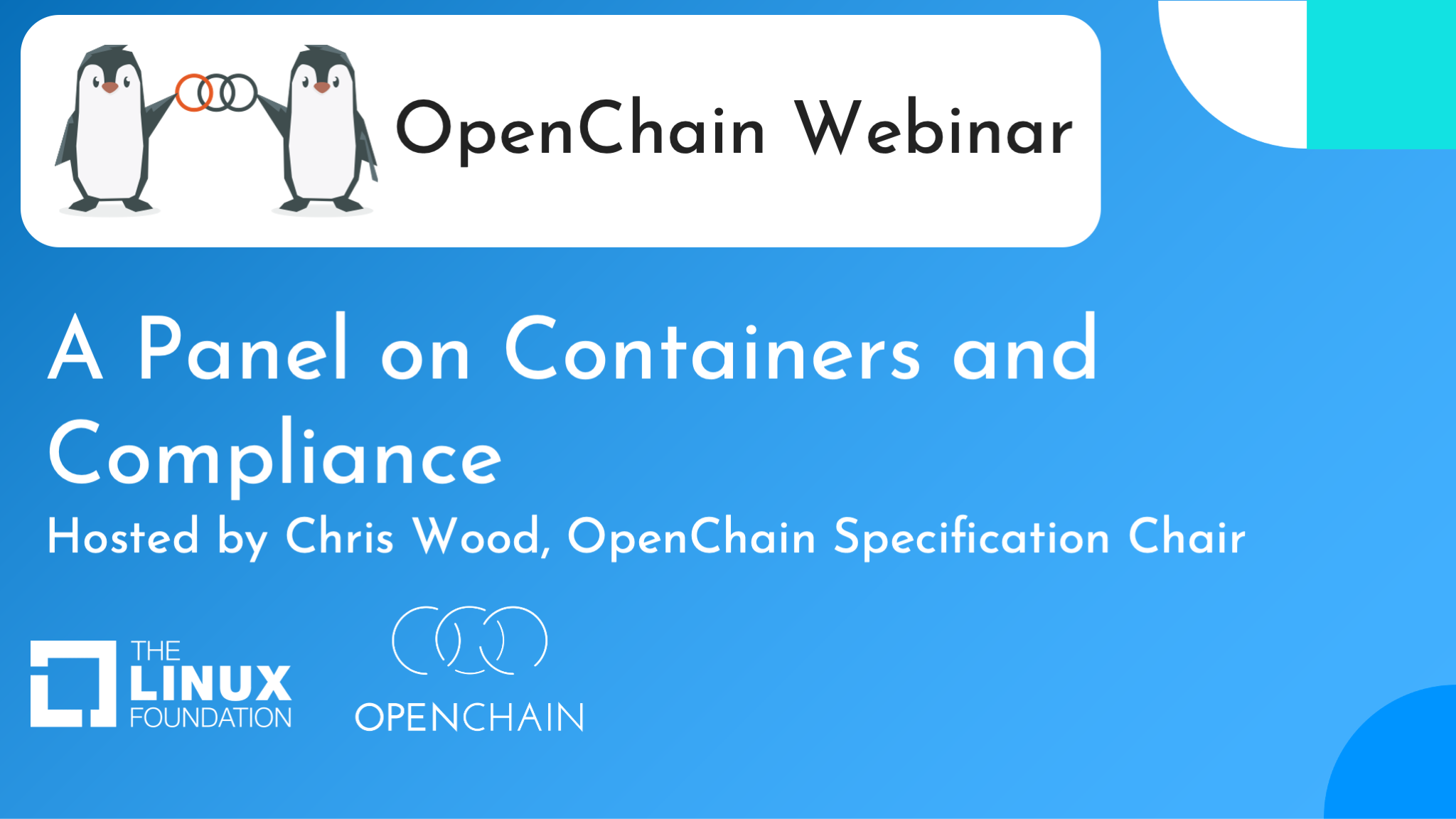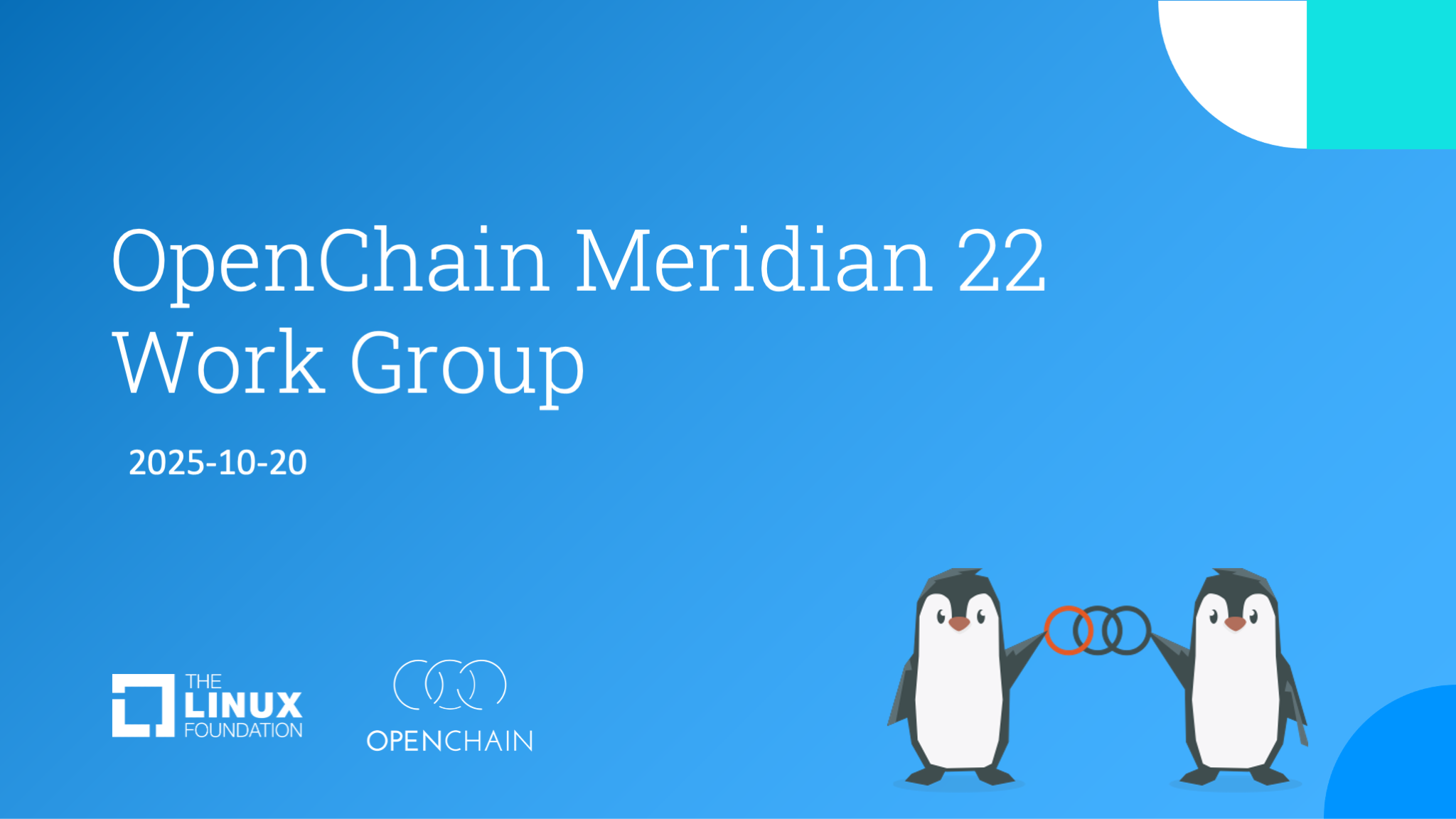
Telechips, a leading global fabless company specializing in SoC (System on Chip) solutions for automotive and smart devices, has announced an OpenChain ISO/IEC 5230 conformant program.
“The acquisition of OpenChain certification demonstrates that Telechips has advanced beyond simply utilizing open source to establishing systematic management capabilities and transparent governance in compliance with global standards,” said Jiyoung Yeon, Open Source Manager at Telechips. “Building on our technological expertise and trusted reputation in automotive semiconductor design, we will continue to strengthen transparent open source operations—such as Software Bill of Materials (SBOM) management—and actively contribute to the growth of the global open source ecosystem and the establishment of sustainable technology standards.”
“We are delighted to welcome Telechips to the OpenChain Community of Conformance,” says Shane Coughlan, OpenChain General Manager. “This is another landmark in demonstrating the applicability of our ISO standard for open source license compliance with industries of all types across the global supply chain. We look forward to working with our colleagues at Telechips and with other companies in the silicon domain on the management of open source.”
About Telechips:
About the OpenChain Project:
The OpenChain Project has an extensive global community of over 1,000 companies collaborating to make the supply chain quicker, more effective and more efficient. It maintains OpenChain ISO/IEC 5230, the international standard for open source license compliance programs and OpenChain ISO/IEC 18974, the industry standard for open source security assurance programs.
About The Linux Foundation:
The Linux Foundation is the world’s leading home for collaboration on open source software, hardware, standards, and data. Linux Foundation projects are critical to the world’s infrastructure, including Linux, Kubernetes, Node.js, ONAP, PyTorch, RISC-V, SPDX, OpenChain, and more. The Linux Foundation focuses on leveraging best practices and addressing the needs of contributors, users, and solution providers to create sustainable models for open collaboration. For more information, please visit us at linuxfoundation.org.
Check Out The Publicly Announced Community of Conformance:
https://openchainproject.org/community-of-conformance









